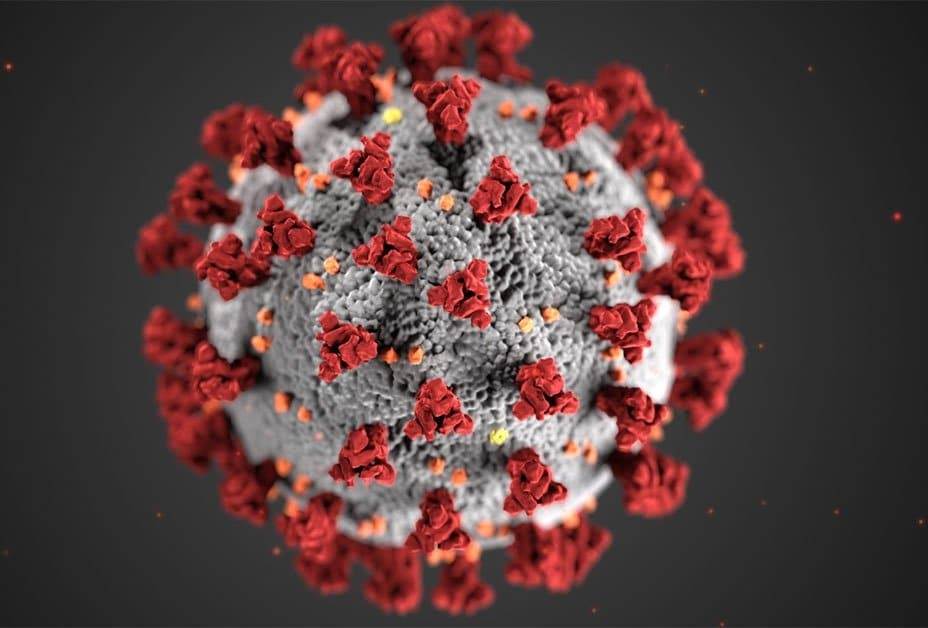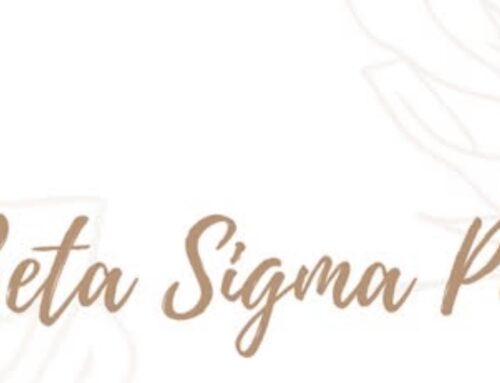A new Variant of Interest (VOI) of Covid has made its way to the United States.
The Mu Variant is just one of nine found in the U.S.
According to the World Health Organization, the Mu Variant, which was only recently named was first identified in Columbia in January of this year.
Although there have been a few sporadic reports of cases, formerly known as B.1.621, was monitored by the WHO.
Larger outbreaks began to be reported from South America and Europe and is now found in 39 countries including the United States.
According to the Centers for Disease Control, a VOI is “A variant with specific genetic markers that have been associated with changes to receptor binding, reduced neutralization by antibodies generated against previous infection or vaccination, reduced efficacy of treatments, potential diagnostic impact, or predicted increase in transmissibility or disease severity,” the CDC website said. “Specific genetic markers that are predicted to affect transmission, diagnostics, therapeutics, or immune escape.”
Current VOIs in the United States that are being monitored and characterized are: Kappa, lota, Eta and one labeled as “None” by the WHO.
The variant labeled as “None” is described as “WHO Label: None. Pango Lineage: B.1.617.3 (Pango lineageexternal icon)a Spike Protein Substitutions: T19R, G142D, L452R, E484Q, D614G, P681R, D950N Name (Nextstrainexternal icon)b: 20A First Identified: India – October 2020. Attributes: Potential reduction in neutralization by some EUA monoclonal antibody treatments7, 14potential reduction in neutralization by post-vaccination sera26.” the CDC website reads.
According to the Global Initiative on Sharing All Influenza Data (GISAID), Delta, Alpha, Beta and Gamma variants are listed as Variants of Concern (VOC), and the Eta, lota, Kappa, Lambda and Mu are listed as VOI.
The CDC defines a VOC as,“A variant for which there is evidence of an increase in transmissibility, more severe disease (e.g., increased hospitalizations or deaths), significant reduction in neutralization by antibodies generated during previous infection or vaccination, reduced effectiveness of treatments or vaccines, or diagnostic detection failures.”
“In addition to the possible attributes of a variant of interest: Evidence of impact on diagnostics, treatments, or vaccines; widespread interference with diagnostic test targets; evidence of substantially decreased susceptibility to one or more class of therapies; evidence of significant decreased neutralization by antibodies generated during previous infection or vaccination;evidence of reduced vaccine-induced protection from severe disease; evidence of increased transmissibility and evidence of increased disease severity,” the CDC said.
The CDC recognizes Alpha, Beta, Delta and Gamma as VOC but does not yet have rating for the Mu variant nor is it listed on the website.
A third ranking, Variant of High Consequence (VHC) “A variant of high consequence has clear evidence that prevention measures or medical countermeasures (MCMs) have significantly reduced effectiveness relative to previously circulating variants,” the CDC said. “Possible attributes of a variant of high consequence: In addition to the possible attributes of a variant of concern, impact on Medical Countermeasures (MCM); demonstrated failure of diagnostic test targets; evidence to suggest a significant reduction in vaccine effectiveness, a disproportionately high number of vaccine breakthrough cases, or very low vaccine-induced protection against severe disease; significantly reduced susceptibility to multiple Emergency Use Authorization (EUA) or approved therapeutics and/or more severe clinical disease and increased hospitalizations.”
Currently there are no Covid variants listed as VHC.
According to the WHO, “Based on the latest round of assessments, B.1.621 was classified as a VOI on 30 August 2021 and given the WHO label ‘Mu’. This includes the descendent Pango lineage B.1.621.1. This variant is known as 21H in Nextstrain nomenclature. The Mu variant has a constellation of mutations that indicate potential properties of immune escape. Preliminary data presented to the Virus Evolution Working Group show a reduction in neutralization capacity of convalescent and vaccinee sera similar to that seen for the Beta variant, but this needs to be confirmed by further studies,” the WHO stated in its latest epidemiological update.
Lauren is a an award-winning journalist who decided after 10 years of newspaper experience to venture out. Hallmark Times was born.






